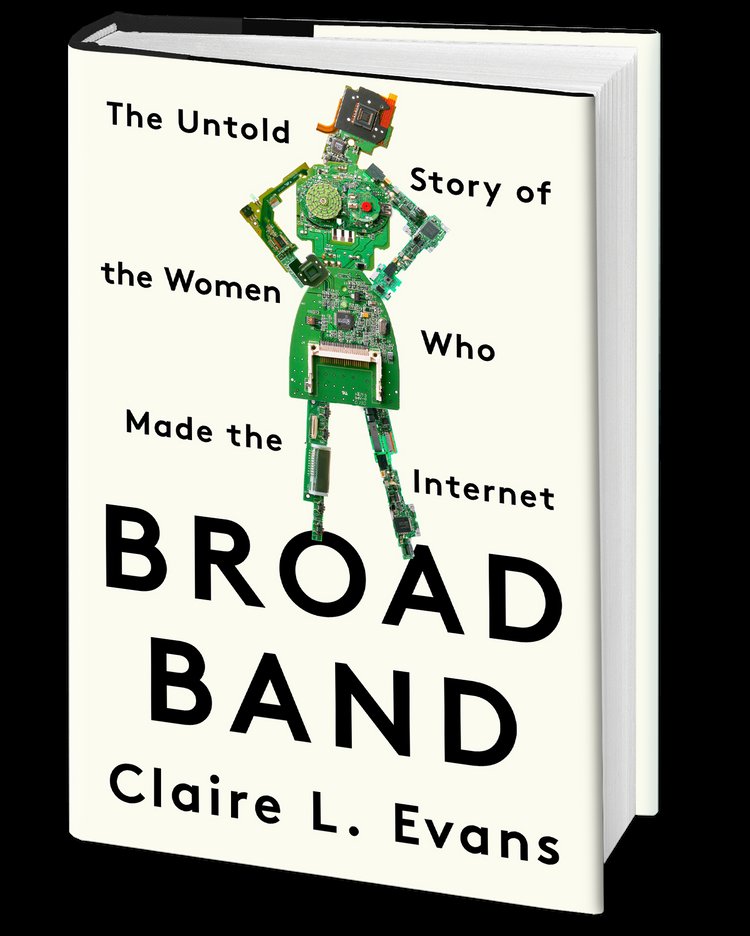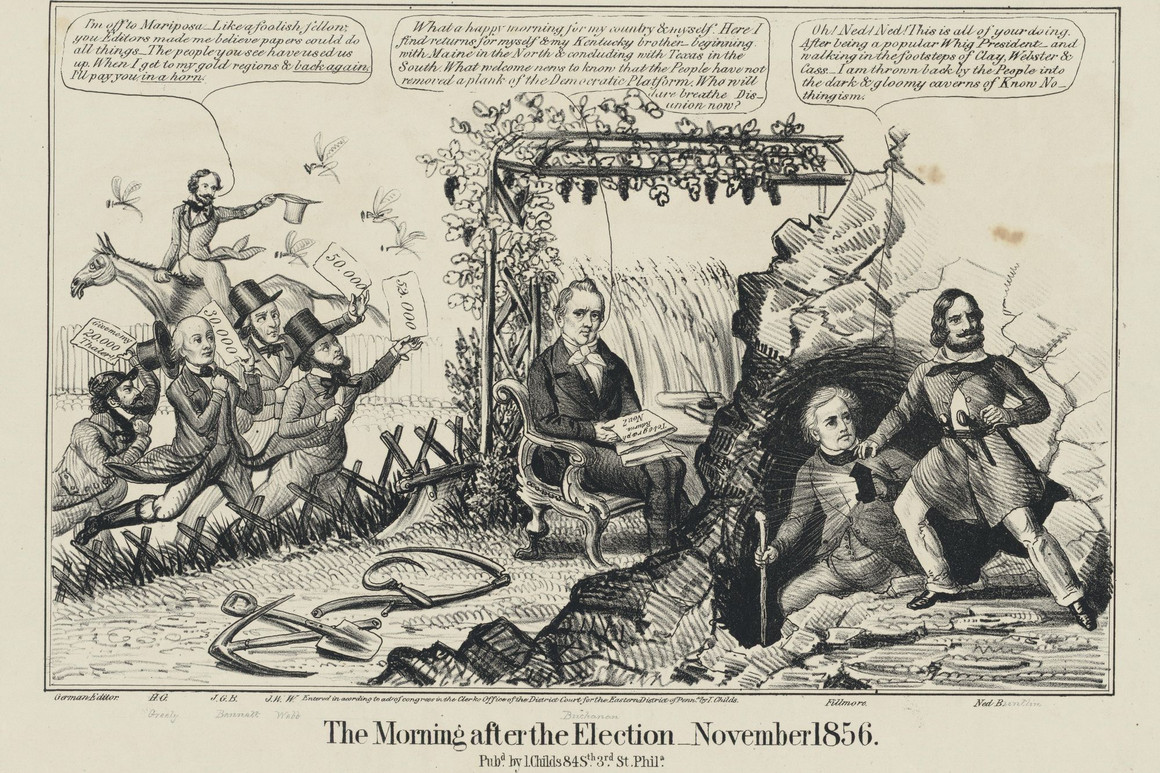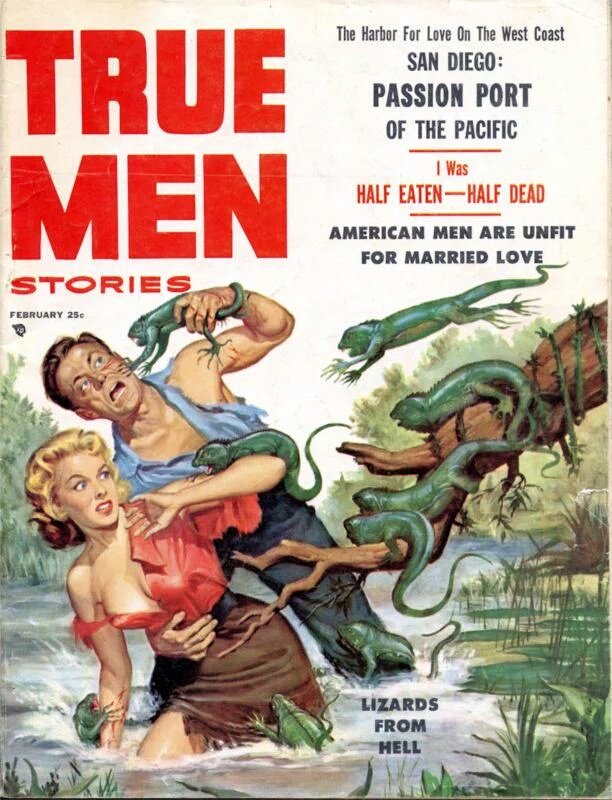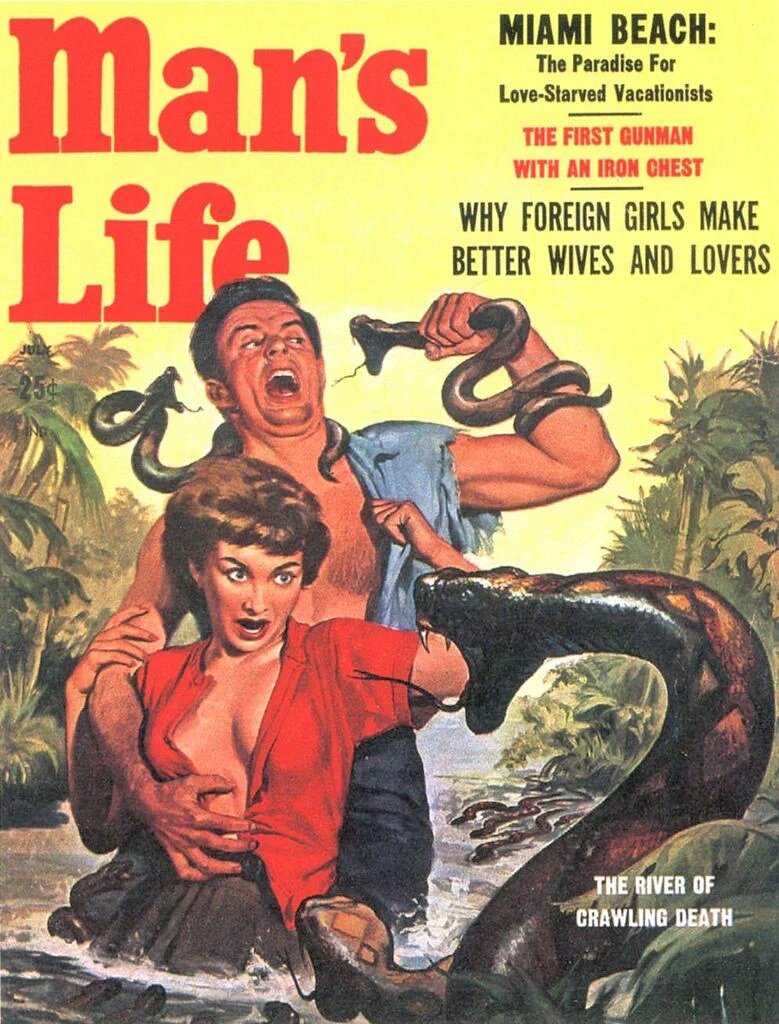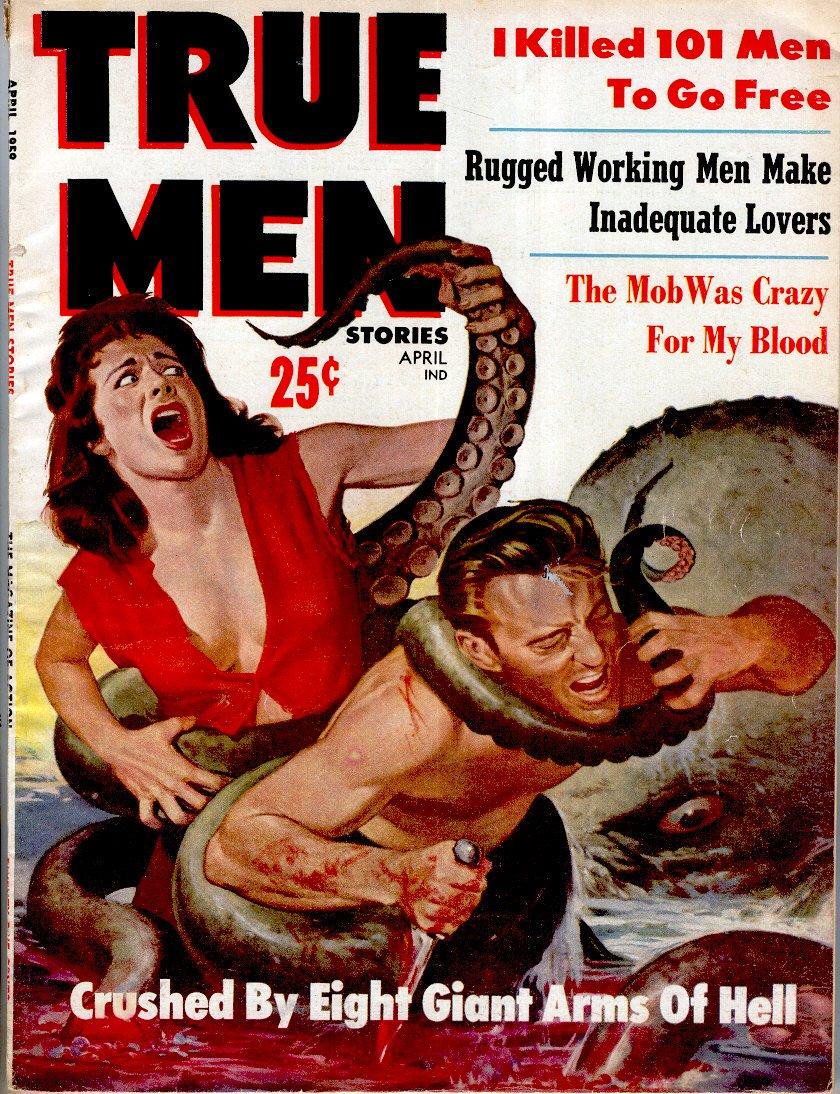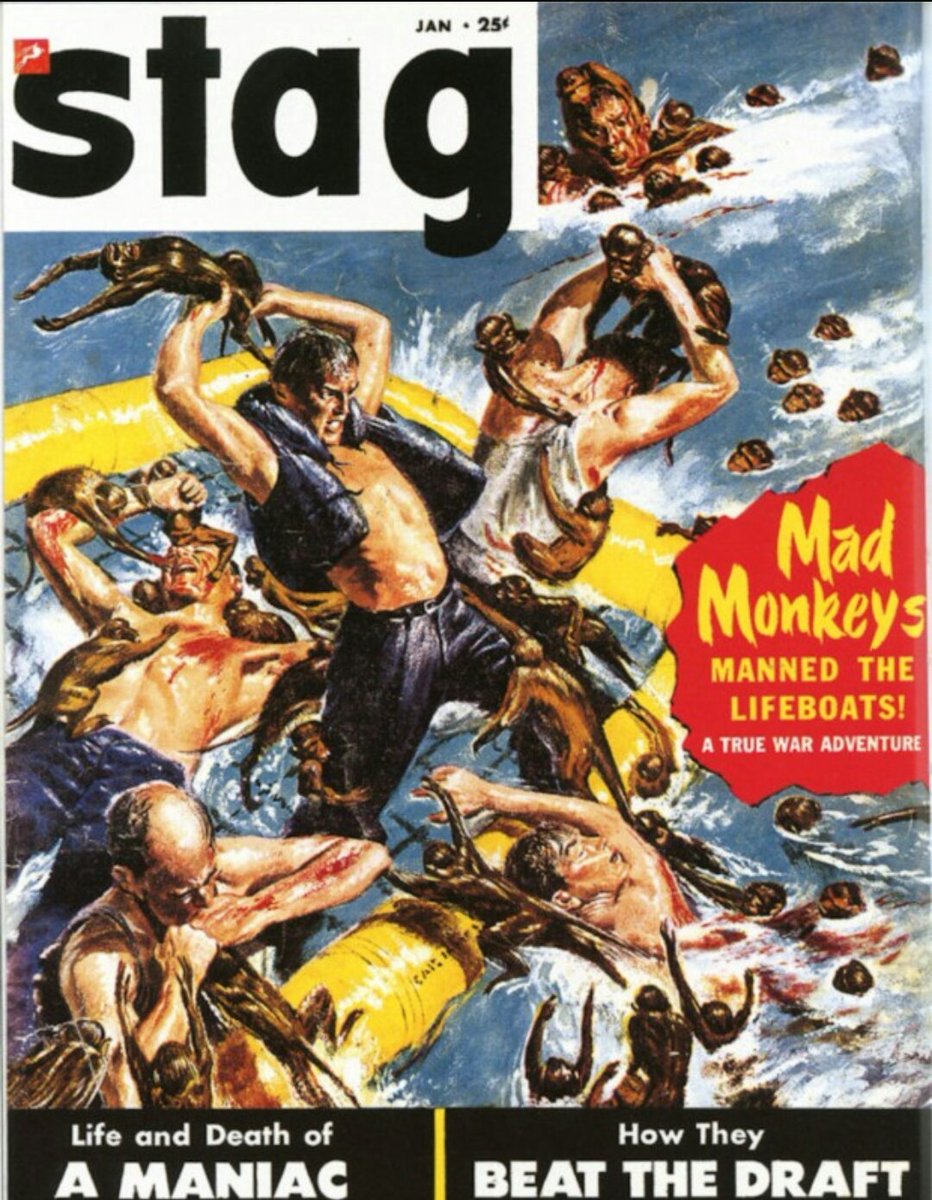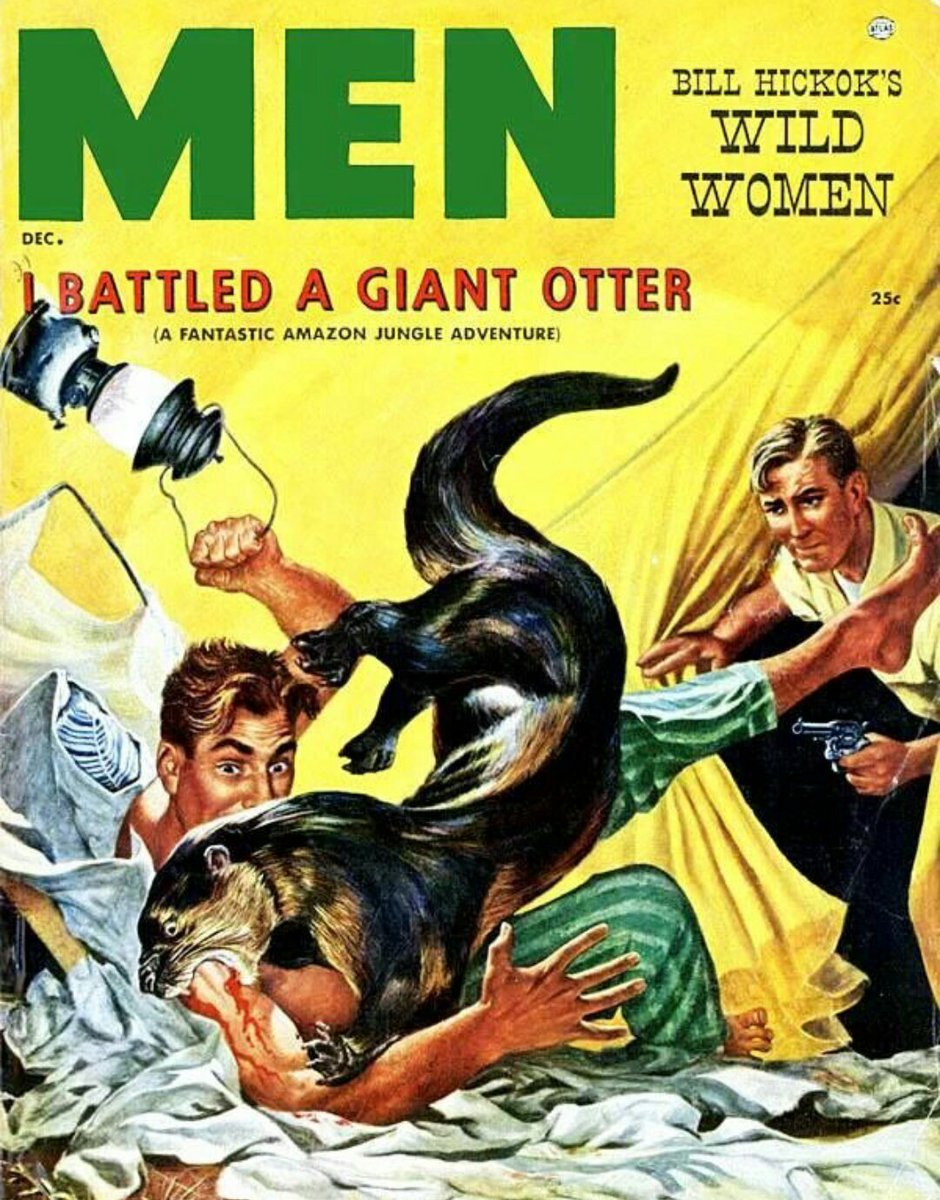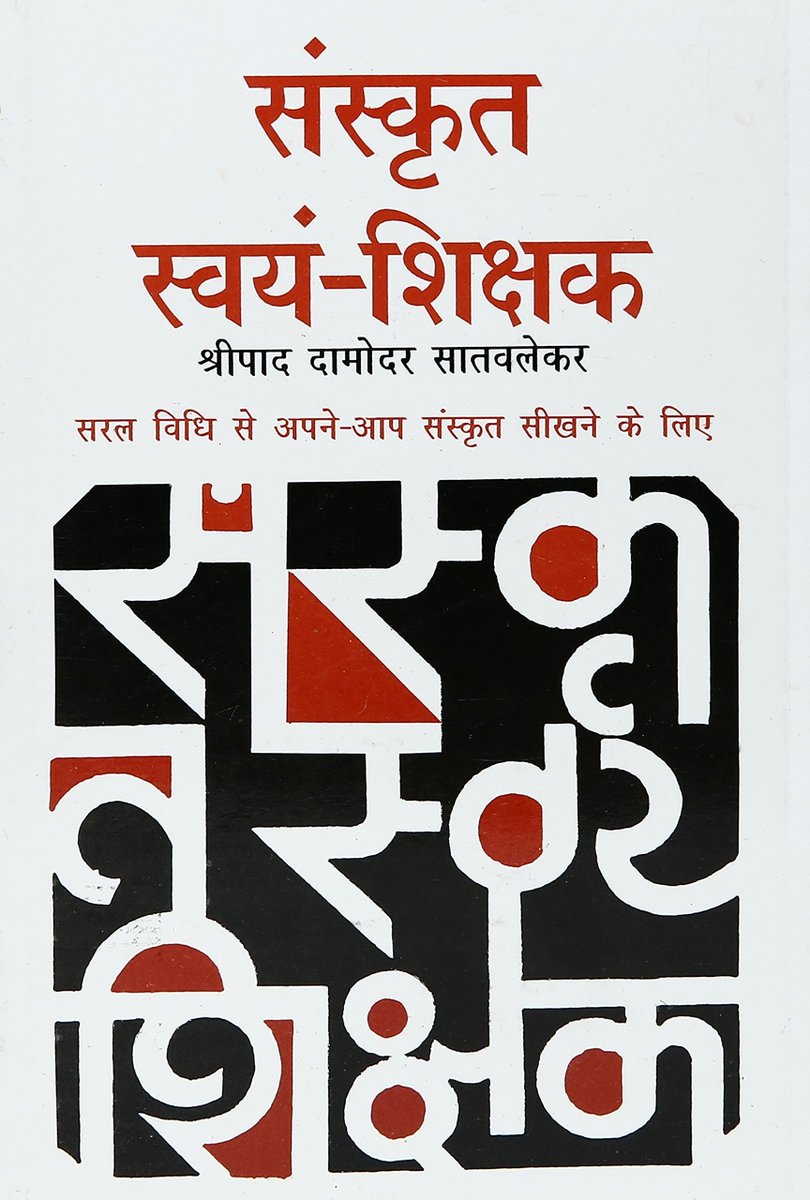2/
Inequality requires narrative stabilizers. When you have too little and someone else has more than they can possibly use, simple logic dictates that you should take what they have.
1/
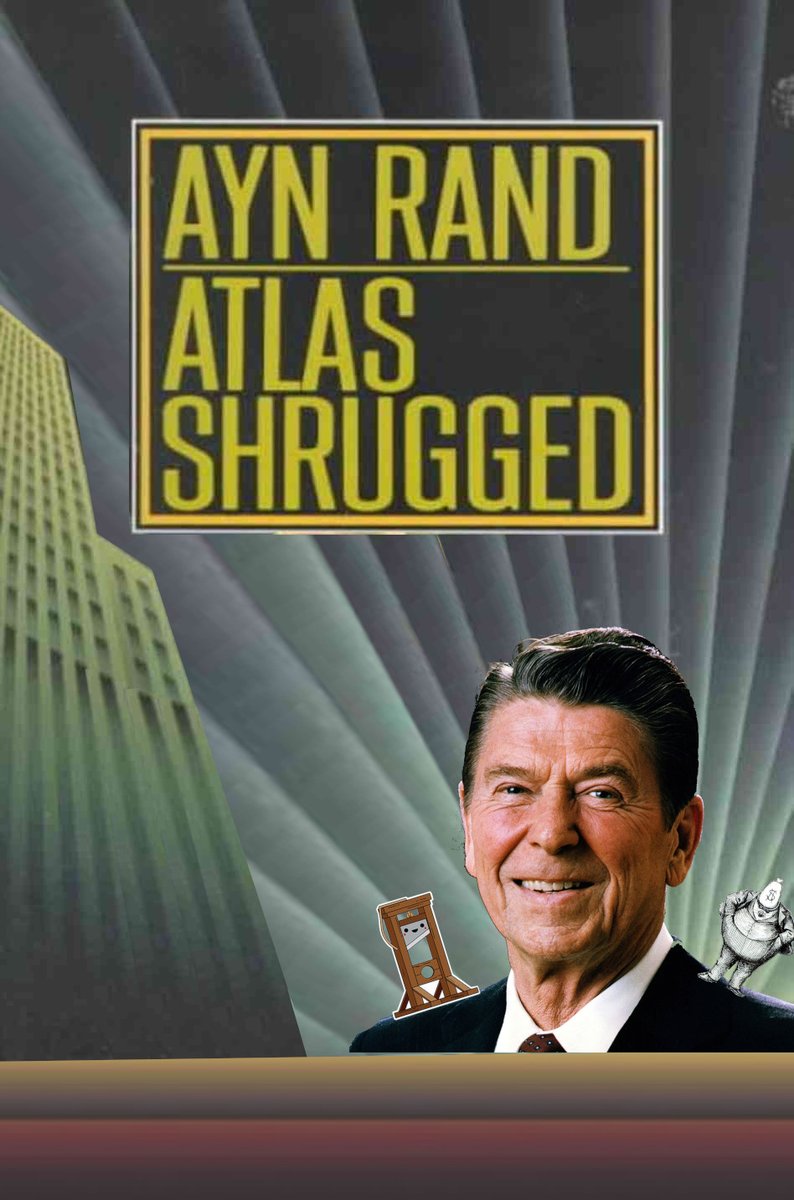
2/
3/
4/
5/
I. The incentive to make us all better off,
II. a reward for doing so, and
III. proof they earned it.
6/
You didn't strike it rich because you just weren't the right person to lead in your time and place.
7/
8/
9/
https://t.co/E5gmKwaAxq
10/
11/
12/
13/
14/
15/
16/
17/
"The US trailed the rest of the advanced world in life expectancy since the 1980s... it's 3.4 years shorter than other G7 countries."
https://t.co/hztUHZZktC
18/
19/
https://t.co/Vp54rsP7F1
20/
https://t.co/VjYSYUnIPD
21/
22/
23/
24/
eof/
https://t.co/aISucm6SxH
More from Cory Doctorow #BLM
Inside: Criti-Hype; Right to Repair is back for 2021; The free market and rent-seeking; and more!
Archived at: https://t.co/pXnzoWKJn2
#Pluralistic
1/

Criti-Hype: Tech bros will settle for "evil genius."
https://t.co/OyiM1vUS8Y
2/

There's a Yom Kippur joke I love: the rabbi and the richest man in town are praying, "Oh Lord, I am nothing, I am nothing!"
— Cory Doctorow #BLM (@doctorow) February 2, 2021
The synagogue's janitor sees them and joins in: "I am nothing!"
The richest man says to the rabbi: "Look who thinks he's nothing."
1/ pic.twitter.com/kHFKcNAnC4
Right to Repair is back for 2021: Will Apple sabotage this one too?
https://t.co/3gcyEZQWfk
3/

2018 was almost the year we won the #RightToRepair.
— Cory Doctorow #BLM (@doctorow) February 2, 2021
Instead, 2018 turned out to be the year we lost #R2R: 20 bills defeated in 20 state houses, and it was mostly @apple's fault.
1/ pic.twitter.com/oDYM17e22b
The free market and rent-seeking: Unauthorized bread and poor doors.
https://t.co/7Ob6AdmkDz
4/

When you hear the phrase "free market," you probably think of "a market that is free from regulation" but that's the opposite of the phrase's original meaning!
— Cory Doctorow #BLM (@doctorow) February 2, 2021
1/ pic.twitter.com/QNAuJhMNWI
#10yrsago Diane Duane’s crowdfunded publishing experiment finally concludes https://t.co/qsRnZxiL8b
#10yrsago Inside Sukey, the anti-kettling mobile app https://t.co/puGNKw5XgF
5/

More from Culture
Here’s the summary overview:
First Sullivan: agent provocateur who is no more antifa/BLM than he is Proud Boy, with suspicious family ties to the security state (allegedly), who helps instigate and document the Jan 6 events leading to IC officials immediately demanding the removal of the incumbent regime...
The guy’s social media profile is all over the map. From Civil Liberties gun guy to Antifa activist. And who planned the Utah BLM event that ended in the bizarre car shooting. His feed since Jan has all led to the Cap Hill events, including the first of the Parlor call outs.

Okay so maybe the guy is just a confused burn-it-all-down nihilist. Possible, but then we might do a big think about how an unhinged political schizo gets hooked up with a filmmaker with a long-history of doing activist/journalism on behalf of Woke Imperialism...
If John Sullivan aka Jaydenx is the “Fake,” Jade Sacker, his accomplice, is the “Gay.” Here’s a few snapshots from her portfolio (https://t.co/YEO1CCsQn8)
The plight of Rohingya Muslims. The Kurds in Northern Syria. Trans Women in Cambodia. etc. Boiler plate globohomo

You May Also Like
As someone\u2019s who\u2019s read the book, this review strikes me as tremendously unfair. It mostly faults Adler for not writing the book the reviewer wishes he had! https://t.co/pqpt5Ziivj
— Teresa M. Bejan (@tmbejan) January 12, 2021
The meat of the criticism is that the history Adler gives is insufficiently critical. Adler describes a few figures who had a great influence on how the modern US university was formed. It's certainly critical: it focuses on the social Darwinism of these figures. 2/x
Other insinuations and suggestions in the review seem wildly off the mark, distorted, or inappropriate-- for example, that the book is clickbaity (it is scholarly) or conservative (hardly) or connected to the events at the Capitol (give me a break). 3/x
The core question: in what sense is classics inherently racist? Classics is old. On Adler's account, it begins in ancient Rome and is revived in the Renaissance. Slavery (Christiansen's primary concern) is also very old. Let's say classics is an education for slaveowners. 4/x
It's worth remembering that literacy itself is elite throughout most of this history. Literacy is, then, also the education of slaveowners. We can honor oral and musical traditions without denying that literacy is, generally, good. 5/x

